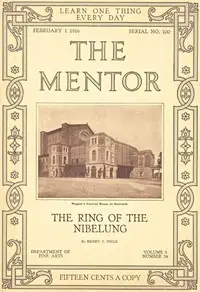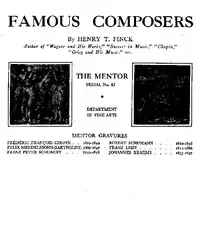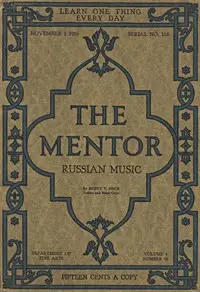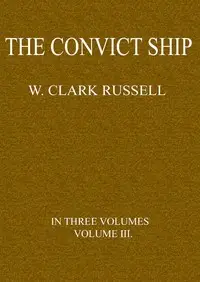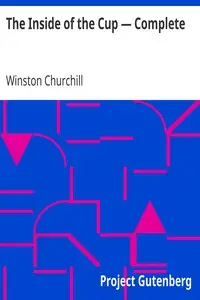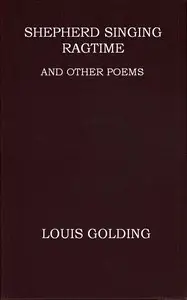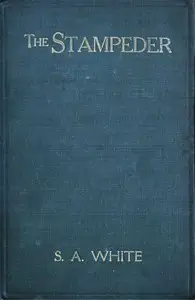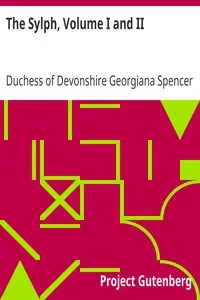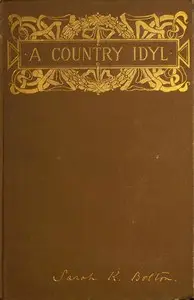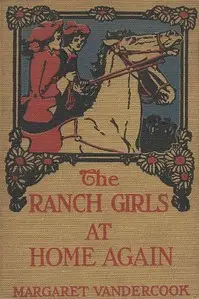"Primitive Love and Love-Stories" by Henry T. Finck is a scholarly work written in the late 19th century. This publication delves into the concepts of love, particularly from an anthropological and evolutionary perspective, examining the nature of love across various cultures, particularly among primitive societies. The book aims to explore how sentiments related to love have changed over time and to argue that romantic love, as understood in a modern context, has evolved and is not an ancient or universally present sentiment. At the start of the book, Finck introduces the idea that love is a construct that has developed through the ages, influenced by cultural and historical contexts. He reflects on his previous work and responds to critics who rejected his assertions. He begins to set the stage for a detailed exploration of love, suggesting that while romantic love is revered in modern societies, it is often absent or underdeveloped in primitive cultures. The opening chapters highlight his desire to present an impartial analysis, drawing upon a range of anthropological resources and illustrating that the nature of love is complex and multifaceted, impacted by societal norms and evolutionary processes. (This is an automatically generated summary.)

Primitive Love and Love-Stories
By Henry T. Finck
"Primitive Love and Love-Stories" by Henry T. Finck is a scholarly work written in the late 19th century. This publication delves into the concepts of...
Henry Theophilus Finck was an American music critic and author. Among "the most prolific and influential critics of his day", he was chief classical music critic of both the New York Evening Post and The Nation from 1881 to 1924. He championed Romantic music, promoting composers such as Liszt, Wagner, Grieg and MacDowell. Along with his contemporaries Richard Aldrich, W.J. Henderson, James Huneker and Henry Edward Krehbiel, Finck is considered part of the 'Old Guard', a group of leading New York–based music critics who first established a uniquely American school of criticism.


